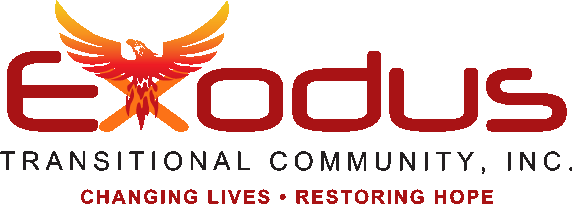Preventable Deaths in New York State Prisons
Inadequate Staff
Facilities are only staffed with nurses, and are only able to access Physician Assistants or doctors through telemedicine, which limits this service to only daytime incidents
Medical review board believes that mistreatment of patients is connected to the excessive reliance on telemedicine
Ex. Nurses dealing with critical patients often waste valuable time seeking after off-site doctors for instructions instead of performing immediate solutions such as calling an ambulance
According to former Shawangunk Correctional Facility nurse, Jeanne Vaca, only two nurses are usually on-call for 8hr shifts tending up to 100 inmates. The doctor only worked days and was available by phone, which implied that staff was not supposed to call him during their evening shifts.
Medical Neglect
High-profile inmates do not have their medical ailments taken seriously
Individual accounts
Bill Brennan, an inmate at Shawangunk Correctional Facility, died in 2015 from hypertension and heart disease after a nurse waited 40 mins to call an ambulance following his complaint of chest pain. This same nurse also failed to perform CPR after Brennan lost consciousness
Abdul Majid, an inmate at Orleans Correctional Facility, died in 2016 after a medical review board found that his treatment was “grossly substandard with repeated failures to perform adequate assessments.” He was not examined by an actual medical provider until he had already visited the medical clinic 13 times for symptoms.
Death reports often take up to three years before completed which is when the statute of limitations for lawsuits run out
Statistics
In 2018 The Inmate Grievance Program filed 34,198 grievances with 19% citing issues with medical services
Maximum security facilities account for the majority of grievances
In 2019, 4 out of 18 suicides reviewed by the Commission of Correction occurred while people were held in solitary confinement
Out of 60 death reviews conducted over the past three years, 35 of them could have been prevented or delayed if proper medical care had been given
The commission of correction took an average of 2.5 years (883 days) per case to complete its probes into deaths
Exodus Community Advocacy Proposals
Support family members of people in prison
Providing resources for mothers’ whose partners are incarcerated
Aiding in legal battles against wrongful death/abuse by allowing use of computer workshop or referencing outside sources
Provide workshop, perhaps grief counseling or a general support group for family members to process any injustices that may have occurred to their loved ones in prison
Host events in the community that bring awareness to the realities of re-entering society after prison & highlights injustice that happens in prison
Create a program that allows volunteers to write to people in solitary confinement




